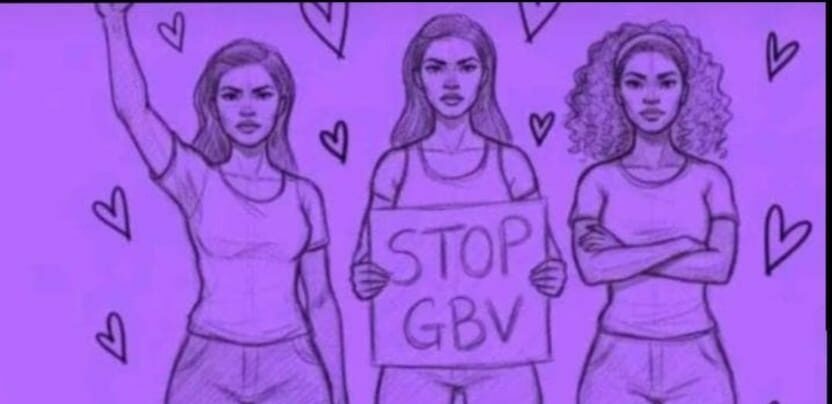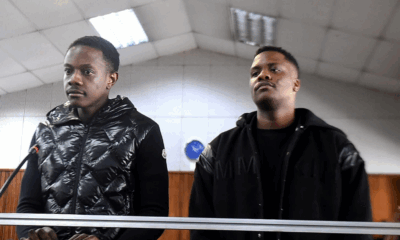News
Sea Point Braces for G20 Women’s Shutdown as South Africans Rise Against GBV

Cape Town is preparing for one of its most powerful demonstrations of the year as thousands are expected to descend on Sea Point Promenade for the G20 Women’s Shutdown. Led by NGO Women for Change, the action aims to highlight the ongoing crisis of gender based violence and femicide in South Africa.
This is more than a march. It is a deliberate national pause, a refusal to carry on as if the violence facing women has become normal.
Why This Shutdown Matters
South Africa continues to grapple with some of the highest gender based violence statistics in the world. An estimated 15 women are murdered every day, and around 115 rape cases are reported daily. Activists warn the real figures are far higher since many survivors never report their trauma.
Women for Change has become one of the country’s most prominent voices demanding urgent intervention. Earlier this year, the group submitted a petition calling for GBV to be declared a national disaster. A more recent petition topped one million signatures, signalling broad public support.
Friday’s shutdown asks women and LGBTQI+ community members to refrain from all paid and unpaid work. At noon, South Africans will take part in 15-minute “lie downs” across the country to symbolise the 15 women killed daily. Supporters are encouraged to wear black.
A Country Walking In Fear
The Trauma Centre, which will join the demonstration, has long witnessed the devastating effects of unchecked violence. Senior director Marguerite Holthauzen said the fear that women carry has become a defining feature of everyday life.
“If you are a woman in South Africa, you have to adjust your life to look over your shoulder whenever you leave the house,” she explained. Only one in 13 rape cases is ever reported, and just 10 percent of those reported cases result in a conviction.
For South African women, safety is not guaranteed. Vigilance has become a survival skill.
A Call For Real Change
Beyond symbolic action, activists are demanding structural reforms. Women for Change is pushing for GBV to be recognised as a national disaster so that more resources can be allocated to specialised policing units, shelters, survivor support services, and prevention programmes.
There is also a growing call for a justice system that works for survivors instead of against them. Too many cases collapse due to delays, under-resourced courts, or poor investigations.
Public Response: A Movement That Keeps Growing
Social media has been flooded with posts under hashtags like #G20Shutdown, #WomenForChange, and #GBVMustFall. Women are sharing their stories, allies are pledging their support, and communities are mobilising one another to show up in black.
Schools, local organisations, and public figures have also voiced their participation. For many South Africans, this is not a distant issue. It is deeply personal and immediate.
More Than A Protest, A National Reckoning
While world leaders gather for the G20, the message on Sea Point Promenade will be urgent and unmistakable: before South Africa can lead on the global stage, it must confront its own crisis at home.
Friday’s shutdown marks a significant moment of reckoning. It is a reminder that behind every statistic is a human life, a family forever altered, and a community grieving. And it is a collective demand repeated across the country: enough is enough.
{Source:EWN}
Follow Joburg ETC on Facebook, Twitter , TikTok and Instagram
For more News in Johannesburg, visit joburgetc.com


























